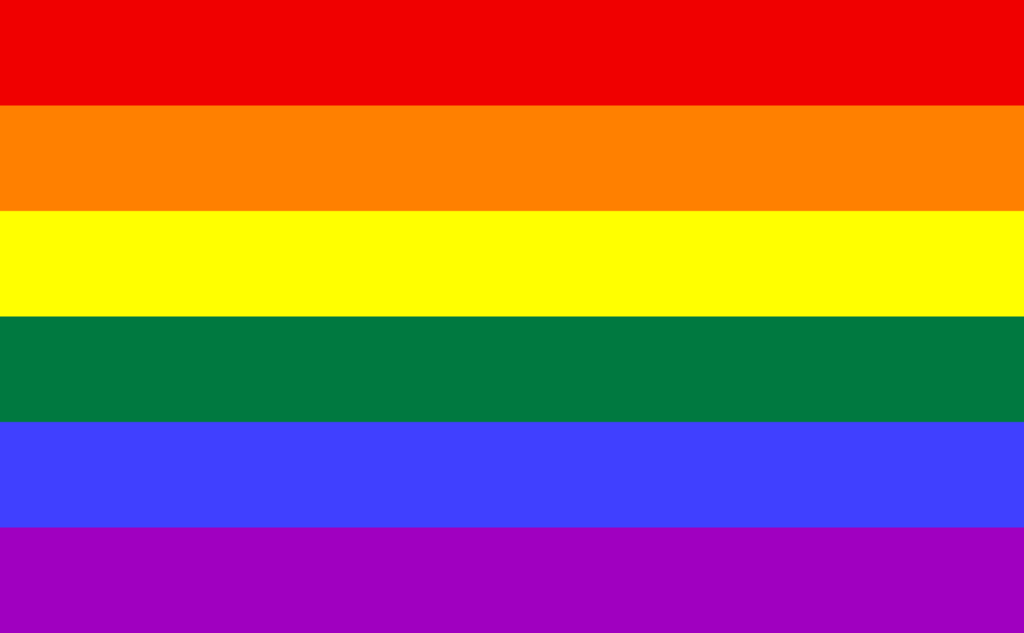National Coming Out Day was Oct. 11, a day to honor civil rights for people who happen to be lesbian, gay, bisexual, transgender, queer/questioning, intersex, non-binary or otherwise gendered.
This presents an opportune time to ask the question, “Is Your Library Doing Enough for LGBT Patrons?,” as proposed in a blog post by Sandra Stacey on EBSCOpost last year. Stacey suggests tips to increase the value of your library for patrons who are LGBT+. Her suggestions include:
- Include content with positive representations of LGBT history, themes and events
- Enhance book displays with diverse faces and families
- Label spines with genre (such as putting a rainbow sticker on the spine of books with LGBT content)
- Present LGBT-genre reading lists
- Decorate with welcoming posters
- Display pamphlets from LGBT organizations
- Include LGBT-related materials in other events (Banned Books Week, Holocaust Remembrance Day, etc.)
- Provide both fiction and nonfiction resources
- Encourage community involvement in collection development
- Participate in Pride celebrations by having book displays or exhibits
- Provide meeting space for LGBT organizations
- Ensure that pro-LGBT websites are accessible
- Offer career resources for LGBT patrons
While the LGBT+ community has unique library needs, the American Library Association (ALA) provides help in several ways, including directories to LGBT+ legal resources, outreach ideas and ideas for LGBT-friendly materials for children and teens. ALA’s Gay, Lesbian, Bisexual, and Transgender Round Table released a 2017 Rainbow Book list in January to help with collection development. The School Library Journal published a story in 2014, “LGBTQ & You: How to Support Your Students,” that discusses the importance of “finding materials in which LGBTQ students can see themselves—resources that reflect the stories of their lives and the themes that mirror their own questions and concerns.” It mentions that a collection title can be “a book that simply features an LGBTQ family within its story line. As many as six million American children and adults have an LGBTQ parent, according to the UCLA School of Law’s Williams Institute.”
As we strive to ensure all members of our communities are represented in our collections, remember that help is out there!
This blog post by Katie Springer, reference librarian. For more information, contact the Reference & Government Services Division at 317-232-3678 or submit an Ask-A-Librarian request.

